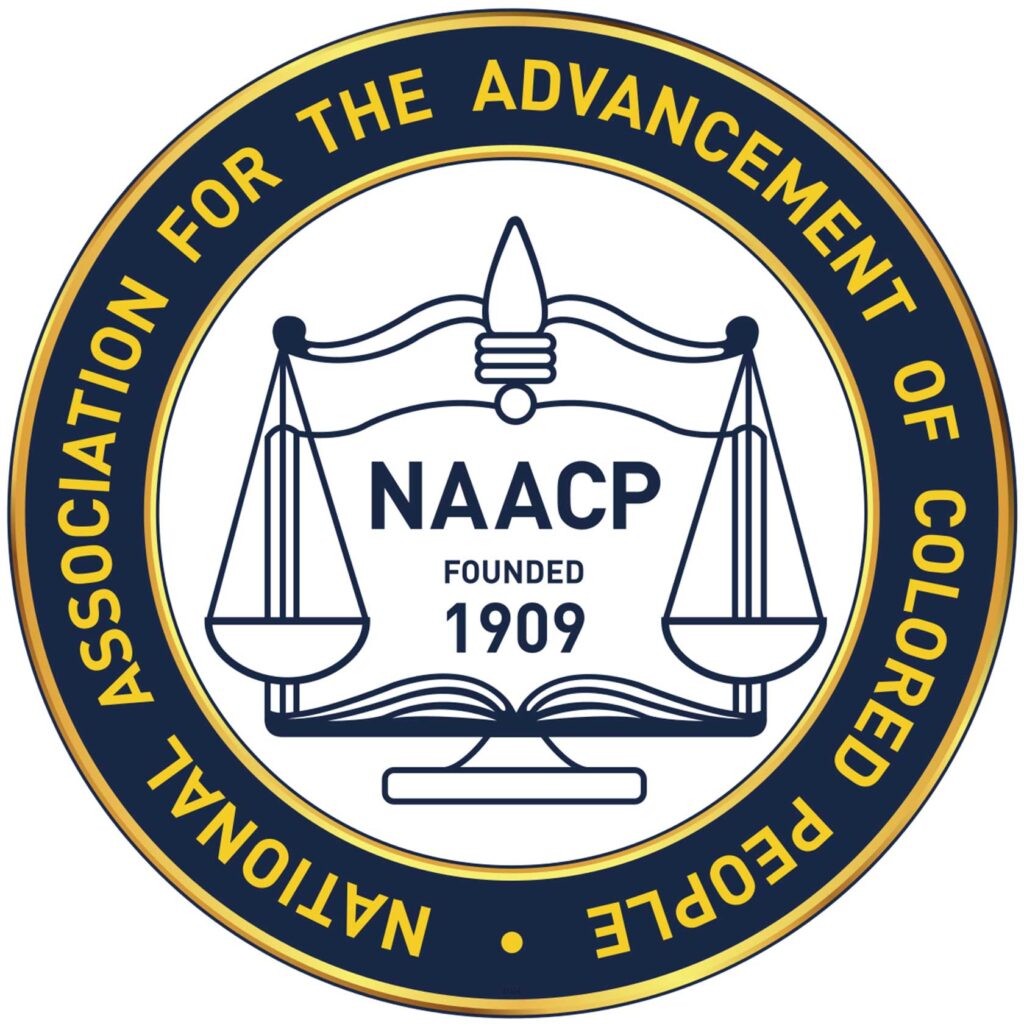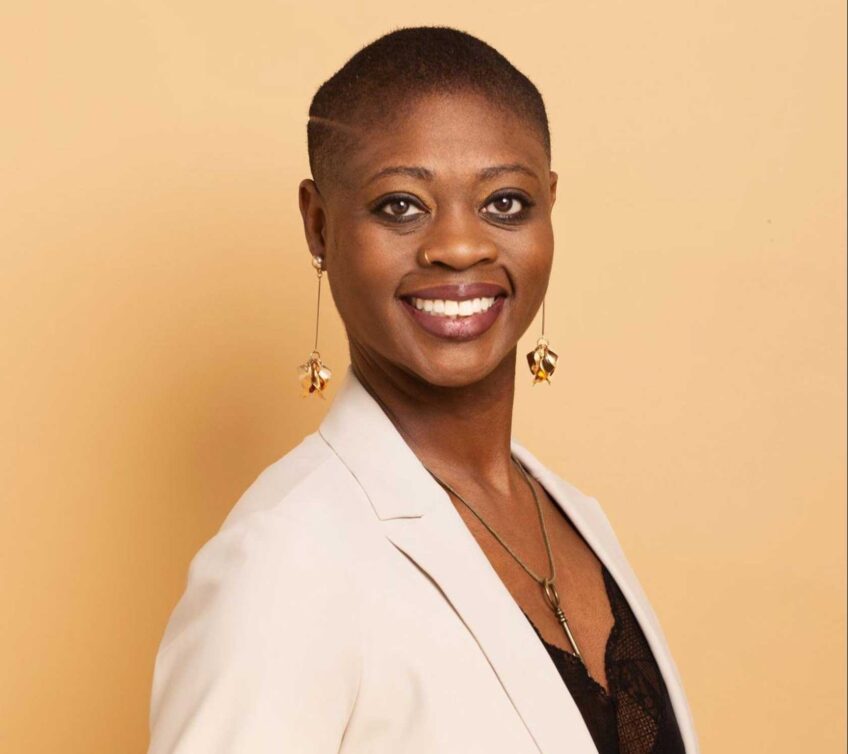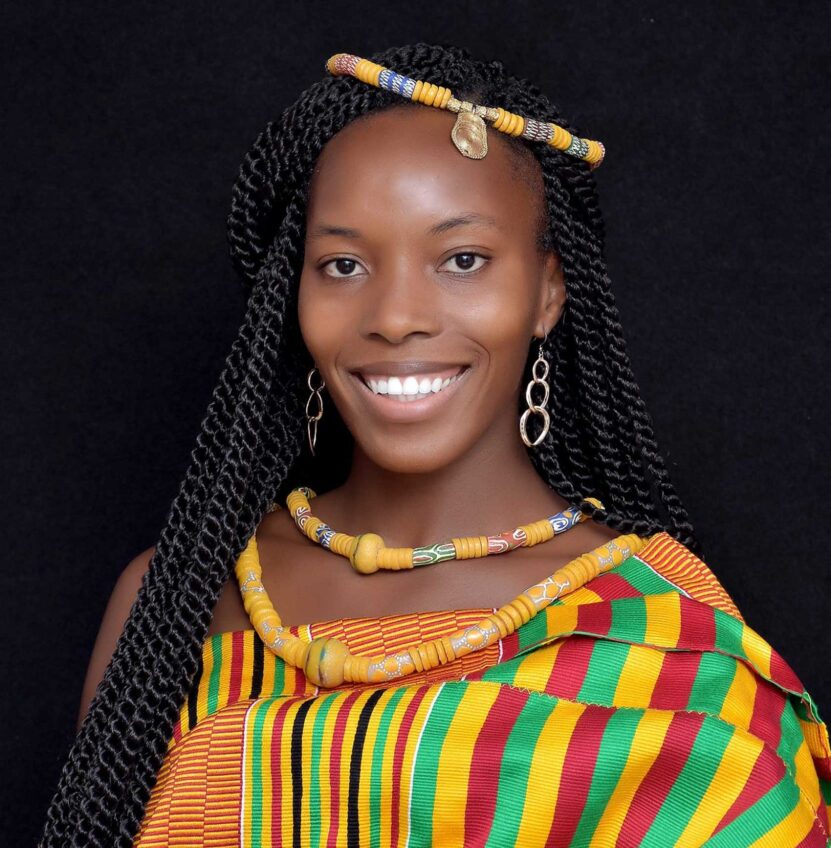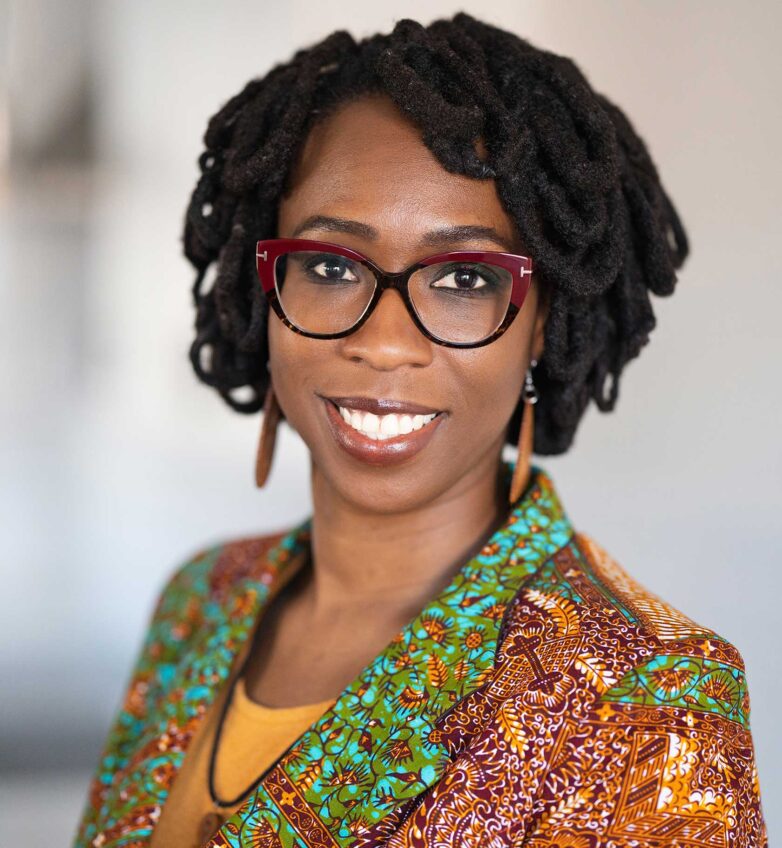NAACP at 115 marks legacy, path forward
Celebrates longevity while pushing to continue longstanding civil rights goals

The nation’s oldest civil rights organization marked a milestone as the NAACP turned 115 this month.
With the group’s anniversary, marked on Founders’ Day, Feb. 12, local and national leaders are celebrating a long history while continuing the civil rights push that has driven the organization for over a century.
“There is no other organization that is focused on racial equality that has lasted 115 years in this country,” said Tanisha Sullivan, president of the NAACP Boston branch. “I think it’s really important to understand the significance of that.”
Far from a legacy organization that is losing relevance in the 21st century, NAACP is as relevant today as it was when it was founded, said Ken Reeves, president of the Cambridge NAACP.
For Leon Russell, who chairs the board of the national NAACP, that legacy is ongoing, with continuing efforts around education and voting access, as well as new pushes around more recent struggles like climate change and gun violence.
“We continue to be the largest, most consistent organization in the fight for civil rights and social justice,” Russell said. “It is our intent to continue to build that foundation so that leaders in their local communities are working to make sure that we have equal opportunity, that we have the right to vote, that we protect public education.”
The national organization was founded in 1909 in response to largely unchecked lynchings happening in the United States. The Boston branch’s roots go back almost as far, to 1911, when it became the first chartered branch two years after the national group’s founding.
Though the landscape has changed, Reeves said that same threat of lynching continues today, now in the form of police brutality against people of color.
“It’s amazing that our original purpose and our current purposes are exactly the same,” he said.
Russell said the current moment for the NAACP is a continuation of the vision that has driven the organization since its founding.
“It’s to continue to build and advance the social and civil rights of African Americans in the United States,” he said. “It’s to complete the real carrying of the Constitution’s promise to all the population of the country, to make sure all of us have full citizenship rights.”
For the national organization, that means efforts to fight for education and against book bans, pushing back on challenges against voting rights and taking on issues like environmental justice in Black communities that often bear the brunt of climate change impacts.
Many of the priorities, including its focus on quality public education, are key priorities for the local Boston NAACP. Sullivan pointed to research that has found drops in reading skills among students, especially among Black and brown kids and those from low-income families.
“The fact that you have so many children in our public school system today who are unable to read is a crisis,” Sullivan said. “It is one for which we will continue to raise the alarm here in Boston and across the Commonwealth.”
She said the local organization is also focused on economic opportunity for Boston residents in having access to a livable wage and quality benefits, as well as addressing persistent disparities in the city.
Regional goals complement those local efforts, said Sullivan, who was elected to lead the NAACP New England Area Conference in October.
As president of the regional conference, which covers all New England states except Connecticut, she aims to increase public policy efforts and organizing, as well as develop a more unified response that pulls from what she sees as strengths from different states and chapters in the region.
She pointed to work from Vermont’s reparations commission, which was created under 2022 state legislation, and efforts in Rhode Island around maternal health.
“One of the greatest opportunities I believe we have within the NAACP New England Area Conference is that there is good work happening in all of the states and there’s something that each of the states can learn from what’s happening elsewhere,” Sullivan said.




